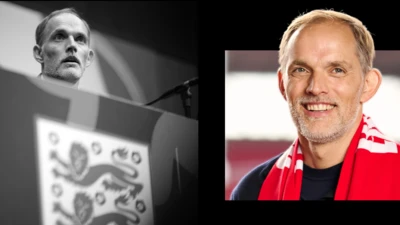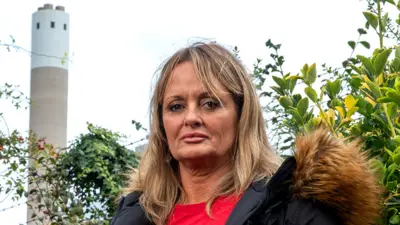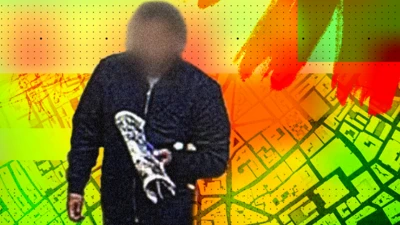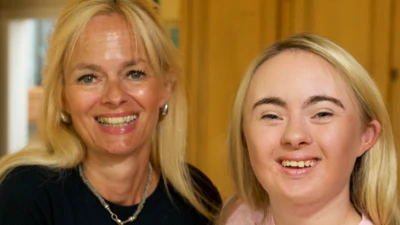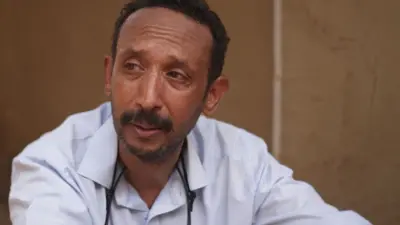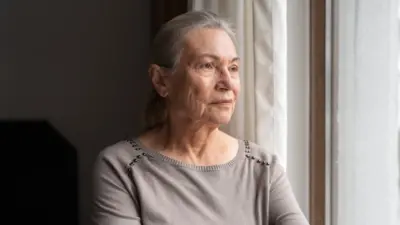We've updated our Privacy and Cookies Policy
We've made some important changes to our Privacy and Cookies Policy and we want you to know what this means for you and your data.
Newspaper headlines: 'Crackdown on asylum backlog' and 'strikers split'
- Author, ΒιΆΉΤΌΕΔ News
- Role, Staff
A number of papers lead with the government's plan to reduce the asylum backlog by scrapping interviews for some migrants from Afghanistan, Eritrea, Syria, Yemen, and Libya. The Daily Mail says the - and warns it has been told by a senior source that the change would encourage other people from the five countries to come to the UK.
Conservative MP Marco Longhi , and people who have entered the UK illegally should be removed and have their claims processed overseas.
But the says the plan is a practical solution to a long-standing problem.
"Just take NO for an answer" is the message to Shamima Begum, after the former member of the Islamic State group lost a legal bid to restore her British citizenship. The paper says her lawyers boasted that the battle was "nowhere near over" and appeals are set to cost the taxpayer millions.
An editorial in the says the government hasn't yet given a convincing answer on why Shamima Begum must not return to the UK, or what threat she still poses that couldn't be countered by close monitoring. The paper acknowledges that keeping an eye on her would take up scarce security resources, but adds that punishing people by leaving them stateless in a desert is no answer to terrorism.
The Daily Telegraph highlights a if he forges ahead with an increase in corporation tax. The chief financial officer of the telecoms firm, Simon Lowth, fears the increase from 19% to 25% will reduce business investment and slow down economic growth.
The Times says it's seen a draft of an NHS plan to tackle staff shortages in the health service. The without the biggest boost in training for a generation. It calls for a doubling of medical school places by the end of the decade, which would require half a dozen new medical schools.
According to the , pollutants known as "forever chemicals" - which build up in the body, may be toxic and do not break down in the environment - have been found at high levels across the UK and Europe. The paper says the chemicals - valued for their non-stick and detergent properties - have made their way into the soil water and sediments from consumer products, firefighting foams, waste and industrial processes. In the UK the highest level was detected in a discharge from a chemicals plant on the River Wyre near Blackpool.
And finally almost all papers feature images of the late musician, David Bowie, in some of his extraordinary costumes, which have now been gifted to the nation. says his personal archive is donating a collection of his handwritten lyrics, letters, sheet music, costumes, photography, music videos, album artwork and awards to the Victoria and Albert Museum, which will open The David Bowie Centre for the study of Performing Arts in 2025.
- IS THE CLOUD DAMAGING THE PLANET?: Richard Bilton investigates the environmental cost of moving our lives online
- STEALING WAS JUST THE START: An audacious heist that stunned Britain
Top Stories
More to explore
Most read
Content is not available
